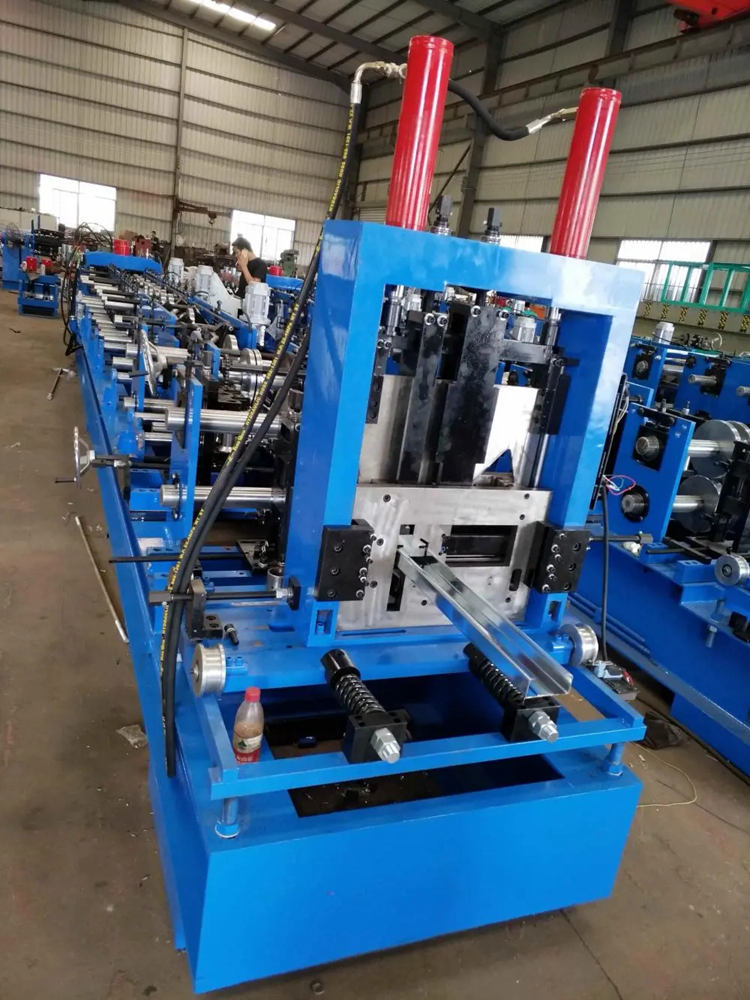
The Advancements and Importance of Drywall Forming Machines
In the construction industry, drywall has become a ubiquitous material, primarily due to its versatility, efficiency, and cost-effectiveness. At the heart of drywall production lies the drywall forming machine, a vital piece of equipment that safeguards the integrity of drywall sheets, ensuring they meet the rigorous standards required for modern building projects. This article examines the advancements in drywall forming technology and its implications for the construction industry.
Drywall forming machines have evolved dramatically over the years. Initially, the production of drywall involved manual processes that were labor-intensive and time-consuming. However, the advent of sophisticated machinery has transformed production lines. Today’s drywall forming machines offer automated systems that greatly enhance efficiency. With advancements in technology, these machines can produce larger quantities of drywall sheets in a shorter time frame, thereby boosting productivity and reducing labor costs.
One significant advancement in drywall forming machines is the integration of computer numerical control (CNC) technology. CNC machines allow for precise measurements and consistent output, minimizing waste and maximizing quality. Operators can input specific dimensions and parameters, and the machine will ensure that each sheet is produced to the exact specifications desired. This level of precision is critical in the construction industry, where even a small error can lead to complications and additional costs.

Moreover, modern drywall forming machines are designed with energy efficiency in mind. With an increasing focus on sustainable building practices, manufacturers are developing machines that consume less energy while maintaining high production standards. Some machines even incorporate recycling systems that reuse off-cuts and other waste materials, further reducing the environmental impact of drywall production. By prioritizing sustainability, manufacturers contribute to the growing demand for eco-friendly building materials.
The rapid advancement of smart technologies has also found its way into drywall forming equipment. Nowadays, some machines are equipped with sensors and IoT (Internet of Things) capabilities. These innovations facilitate real-time monitoring of the production process, ensuring that any issues are promptly addressed. Predictive maintenance alerts help operators to perform necessary maintenance before a breakdown occurs, minimizing downtime and maximizing output. Such features are invaluable in a fast-paced construction environment where delays can result in significant financial losses.
Furthermore, the globalization of the construction industry has spurred the demand for drywall forming machines in emerging markets. As urbanization continues to rise in various parts of the world, countries are investing in advanced machinery to meet increasing construction demands. This presents opportunities for manufacturers to enter new markets and adapt their machines to suit diverse needs.
In conclusion, drywall forming machines are pivotal to the drywall production process, enabling efficient, precise, and sustainable manufacturing. As technology continues to evolve, these machines are becoming indispensable in meeting the growing demands of the construction sector. With their ability to enhance productivity, reduce waste, and facilitate sustainable practices, drywall forming machines will undoubtedly play a crucial role in the future of building construction. As the industry progresses, staying abreast of these technological advancements will be vital for businesses aiming to remain competitive and responsive to market demands.